Approaching winter opens Europe's gas labyrinth
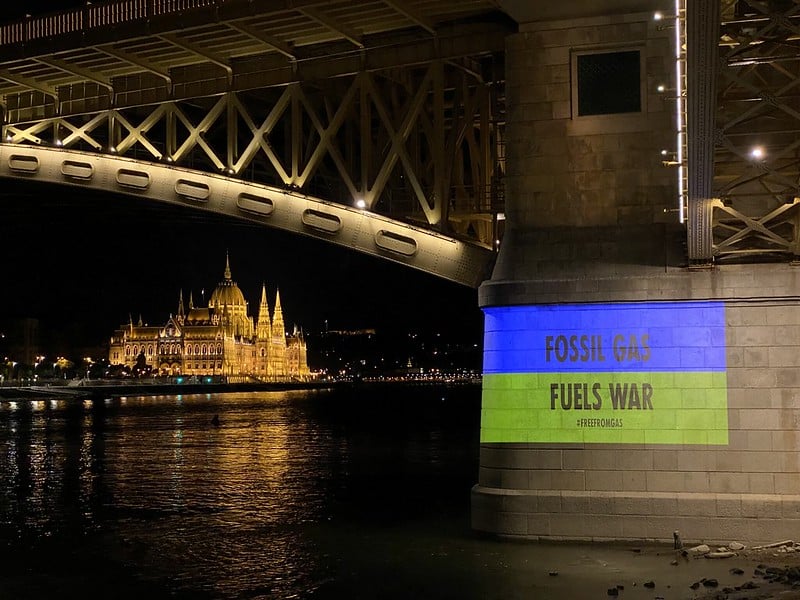
As winter approaches, European countries are increasingly concerned about where their energy should come from. While Hungary, Serbia and Turkey are negotiating to open Russia's gas tap, other countries are instead relying on their neighbours' reserves. Last week, available [...]
Fitful Italian political conjuncture continues with Giorgia Meloni win, EU out of concern
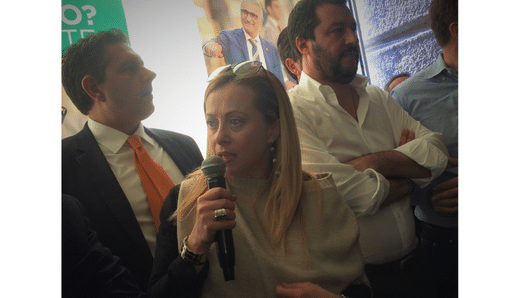
Meloni (FdI) and Salvini (Lega) in 2017 (WikiMedia Commons) In Italy, Giorgia Meloni's radical-right, post-fascist Fratelli d'Italia (FdI) party won the parliamentary elections with 26% of the votes. Meloni is thus well on her way to becoming Italy's first female prime minister. In the coming period, she will attempt to form a coalition with [...]
Report European Development Days 2022
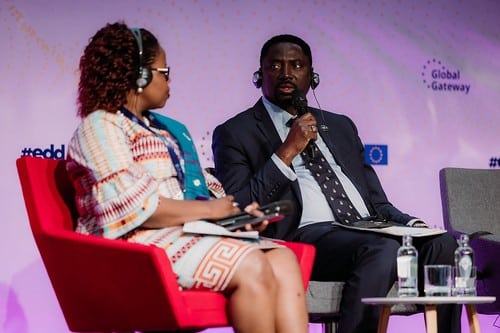
''The world needs a positive investment impulse, and it needs it now,'' Ursula von der Leyen said in her speech at the opening ceremony of the European Development Days (EDD). With the new 'Global Gateway strategy', billions will be invested in sustainable and inclusive infrastructure to trigger further development worldwide.
This strategy was the focus of the two-day event, organised by the European Commission, which took place on Tuesday 21 June and Wednesday 22 June. The idea behind the annual EDD is to bring together the development community to exchange ideas and experiences to come up with new valuable solutions and collaborations.
Discussion on labour migration - Labour Party Congress Report
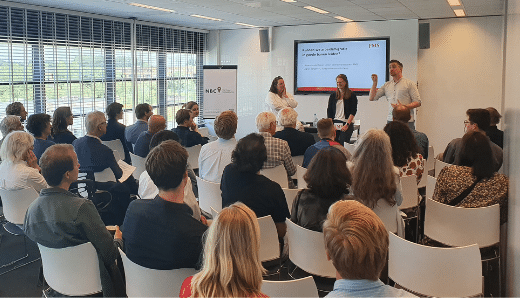
On Saturday 11 June, the Labour Party Congress finally took place again! This year, the huge event could again physically take place. Consequently, the atmosphere was good and the day was well attended. Also special was the vote on further left-wing cooperation with the Green Left, which attracted a lot of attention not only among PvdA members, but also nationally.
Turkey sentences human rights activist Kavala to life in prison
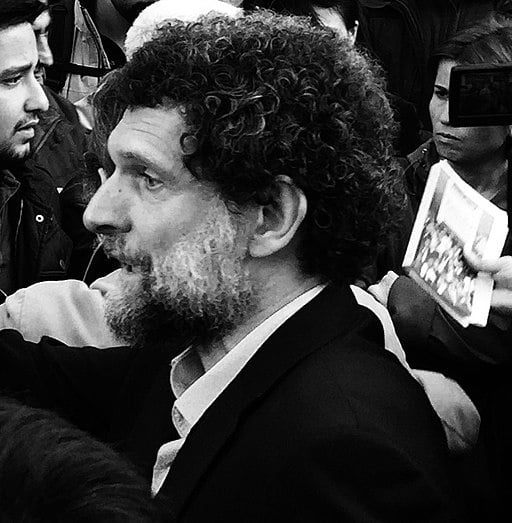
On 25 April, in Turkey, human rights activist and philanthropist Osman Kavala has been sentenced to life in prison for his role in anti-government protests. The case raises enormous concerns about the independence of Turkish courts and is expected to damage Turkey's relations with Western countries and rights organizations - as the European Court of Human Rights (ECHR) commenced an infringement procedure against Turkey. Since 2019, Ankara has refused to abide by various ECHR rulings.
Ukraine war looms over French Presidential elections
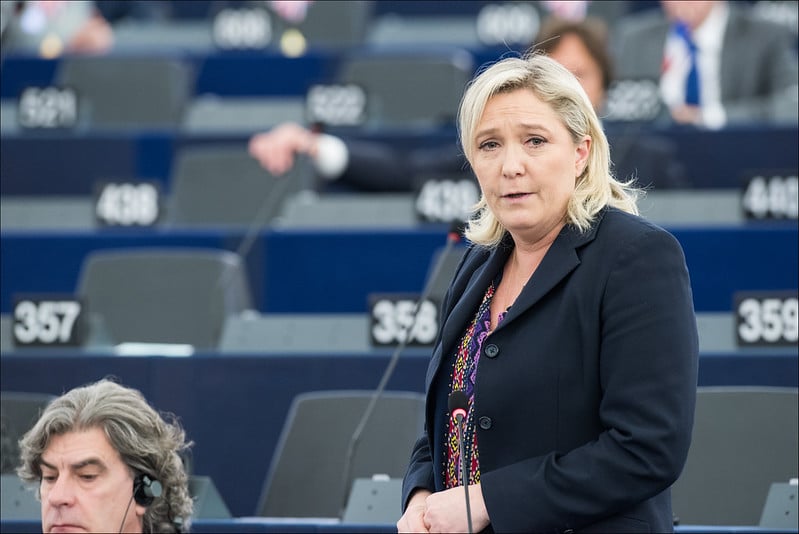
As France prepares for the run-off presidential elections on Sunday, April 24, the war in Ukraine appears to have re-shuffled the cards between centrist candidate Emmanuel Macron and far-right candidate Marine le Pen. Macron, incumbent president, has been the big favourite in the lead-up to the first round of elections, held last Sunday, April 10. However, the far-right and -left took 58% of the vote at these polls. The effects of the Ukraine war on purchasing power in France seem to affect voting behaviour significantly, boosting Le Pen's electoral campaign.
Disturbing reports of discrimination on Polish-Ukrainian border
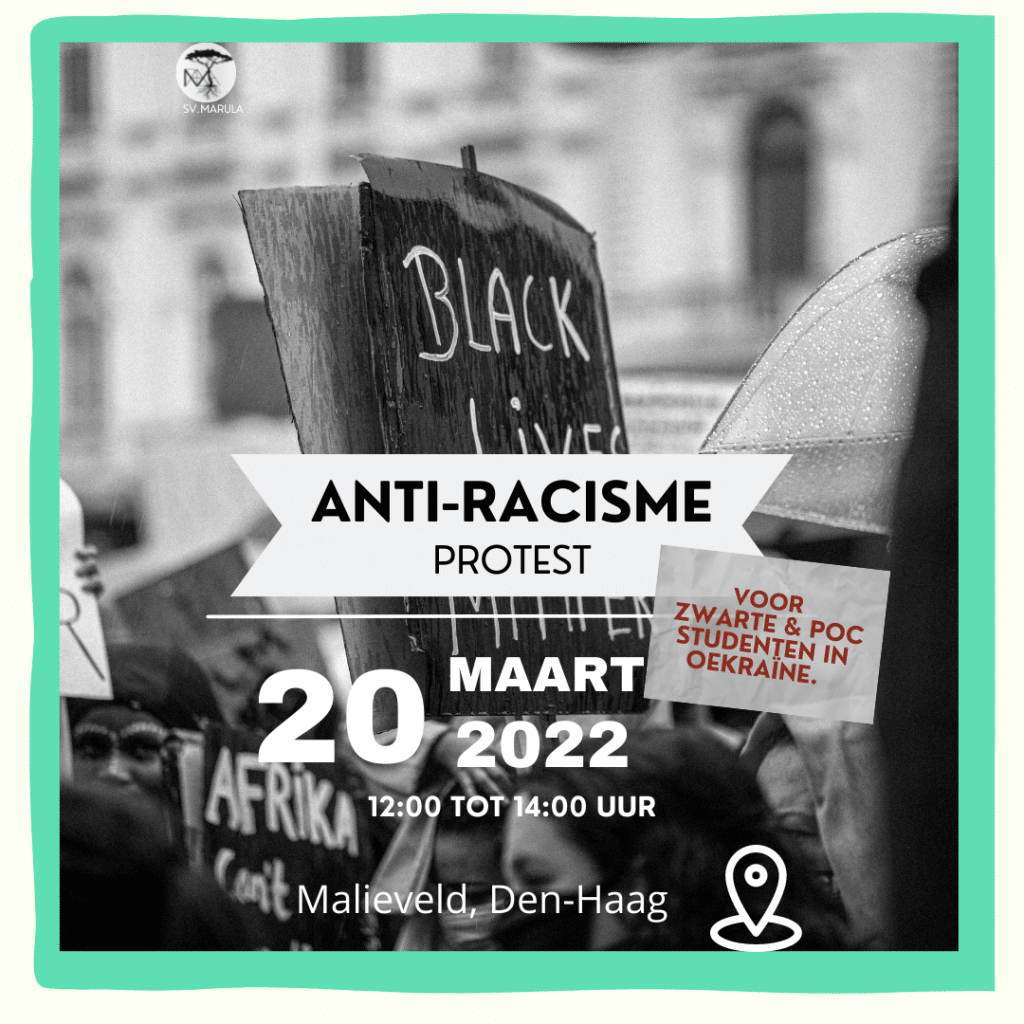
On Sunday 20 March, a protest will take place in The Hague to draw attention to equal treatment for all those fleeing Ukraine because of the Russian invasion. Several disturbing reports of discrimination at the Ukrainian-Polish border, with segregation taking place between refugees, emerged over the past week.
Will sanctions deter Putin?
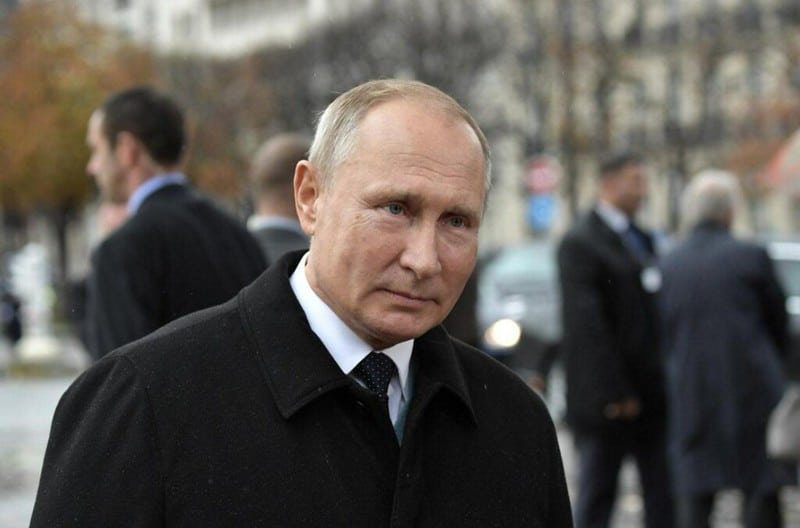
The world is watching Putin tensely as he announces Russian recognition of the republics of Luhansk and Donetsk. An orchestrated security meeting in Moscow and rancorous speech by the Russian president usher in a new low point between Russia, Ukraine and the West. Will Western sanctions be enough to deter Putin from further violations of Ukrainian sovereignty? - This article follows in English -
European Court: EU may cut Poland and Hungary subsidies for violation of principles
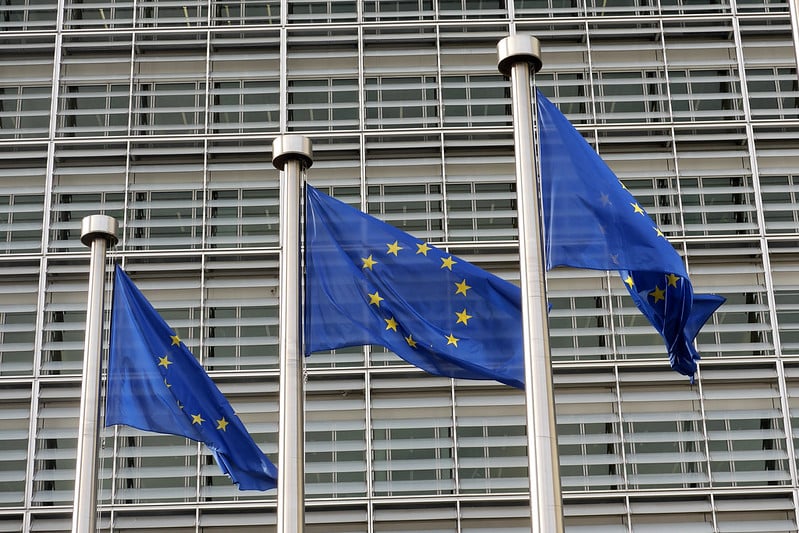
In a long-awaited ruling, the European Court of Justice has allowed the European Commission to cut billions of euros from member states that violate democratic and rule-of-law principles. The case focuses in particular on Poland and Hungary, which had challenged the conditionality of subsidies before the Court. The ruling takes place within a wider debate in Brussels on how to deal with various authoritarian powers that challenge the Union from both inside and outside.
Towards EU-Africa summit
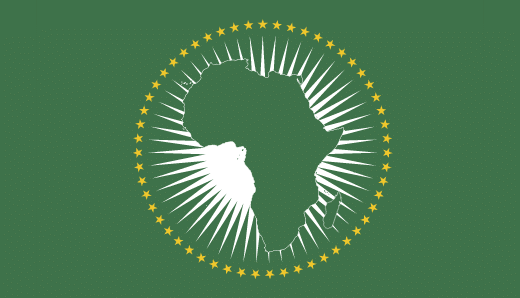
Last December, President Macron spoke of establishing a "fair system of peace and prosperity" at the upcoming EU-Africa summit in Brussels on 17 and 18 February. Now that France holds the EU presidency and Macron will thus be the host of this sixth summit, he can really start putting this ambition into action. According to the African Union (AU), this is an important moment for establishing long-term cooperation that represents more than just a donor-and-receiver relationship.

